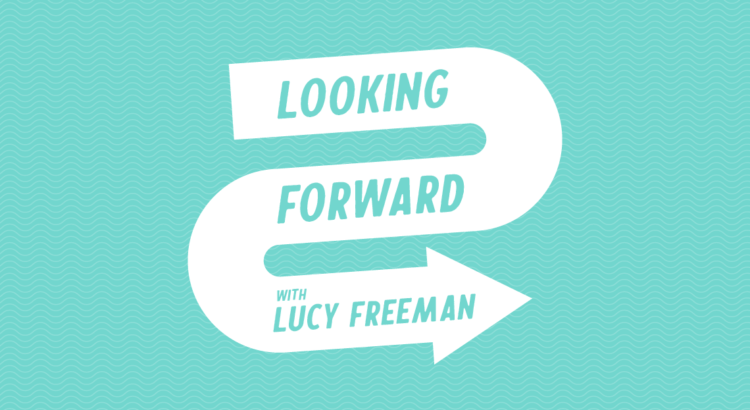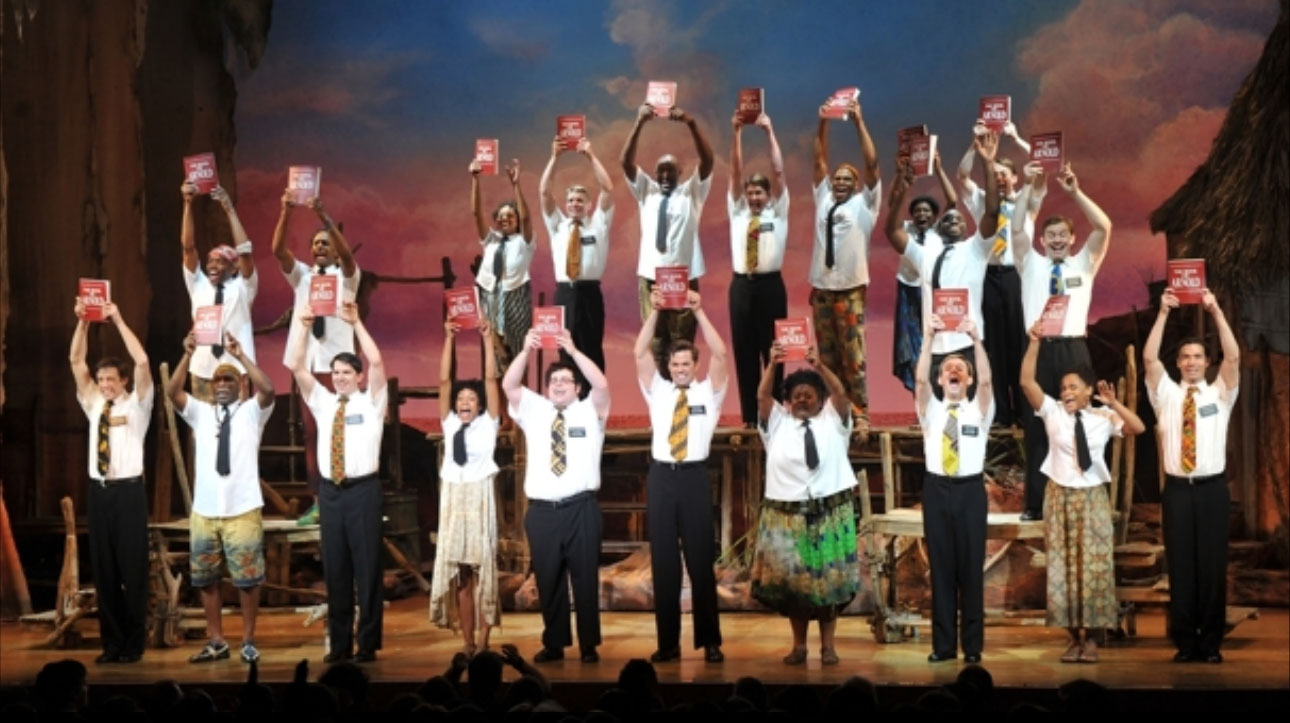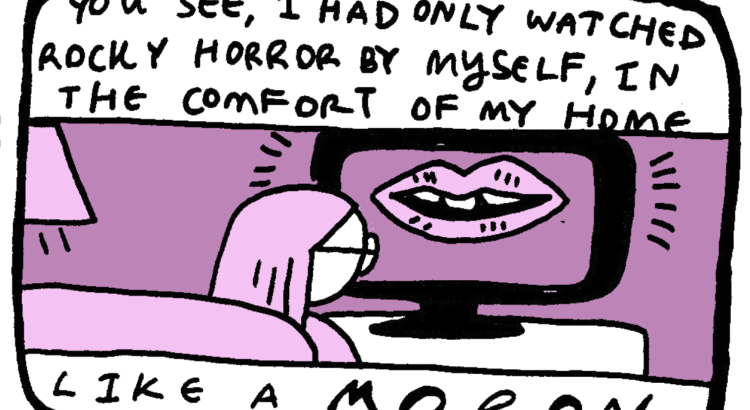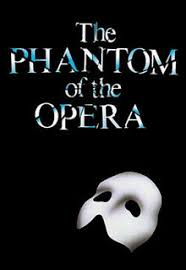Happy Friday, arts, ink readers!

This week I had the pleasure of speaking with Vince Cardinal, Professor and Chair of the Department of Musical Theatre here at the University of Michigan. He offered insights as to what the department does in a typical year, how they’ve been adjusting to the restrictions of this semester, and how students can still view and participate in theatre on campus!
If you didn’t already know, the Musical Theatre program here at Michigan is one of the best in the country. Professor Cardinal told me they accept less than 2% of applicants — roughly 20% less than Michigan’s already-competitive acceptance rate. This is, in part, because of the department’s incredible reputation; they are one of the most represented schools on Broadway and are increasingly being featured in TV and film productions as well. A typical MT major’s schedule is around two-thirds filled with musical theatre courses, with the rest left for general requirements, minors, or even dual-degrees. Through their involvement in University Production shows, as well as participating in a variety of student productions, MT students gain experience performing a wide variety of genres and become equipped for whatever opportunities come their way after graduation. Check out this video featuring some Maize and Blue alumni:
Of course, like most programs, the Department of Musical Theatre has had to make some adjustments in their teaching and performing this semester. Almost all of their current curriculum has been moved virtual, except for dance classes, which have been reduced in density while utilizing masks and social distancing. Although having to teach and learn the performing arts online is obviously not ideal, Professor Cardinal told me that there have been some silver linings in all of it. For example, they’ve been able to bring in top-tier talent to help their students – including Andy Blankenbueler (the choreographer for Hamilton) and representatives from the Fosse Legacy. The increased access to such impressive professionals via video calls is something the department hopes to continue utilizing in the future.
If you’re like me and the musical theatre productions on campus are something you look forward to, you may be disappointed that you can’t see them in action at the Mendelssohn, Power Center, or Arthur Miller Theatre. The good news, however, is that there are exciting opportunities to come! The department has been working to film a series of performances by their students called MT Ghostlight 2020, asking them to respond as artists to what’s happening to them at this point in history. These will be streamed on the first three Fridays in December – the 4th, 11th, and 18th – so mark your calendars! If you’re missing theatre in the meantime, you can check out the Senior Entrance of MT21.
If you’re interested in participating in theatre on campus, Professor Cardinal recommends auditioning for one of the many student groups on campus such as MUSKET, Rude Mechanicals, Basement Arts, and so many more. He also noted that the Musical Theatre Department sometimes needs crew help for their shows. This semester, specifically, they are in need of videographers, sound editors, and other digital media creators to help them produce content in this new environment. Be sure to follow their Instagram @umichmusicaltheatre to stay up-to-date with what the current MT students and alumni are up to!
That’s all for this week. Special thanks to Vince Cardinal for taking the time to speak with me. Check back next week for a feature on the Shapiro Design Lab!
Stay safe!
Lucy









